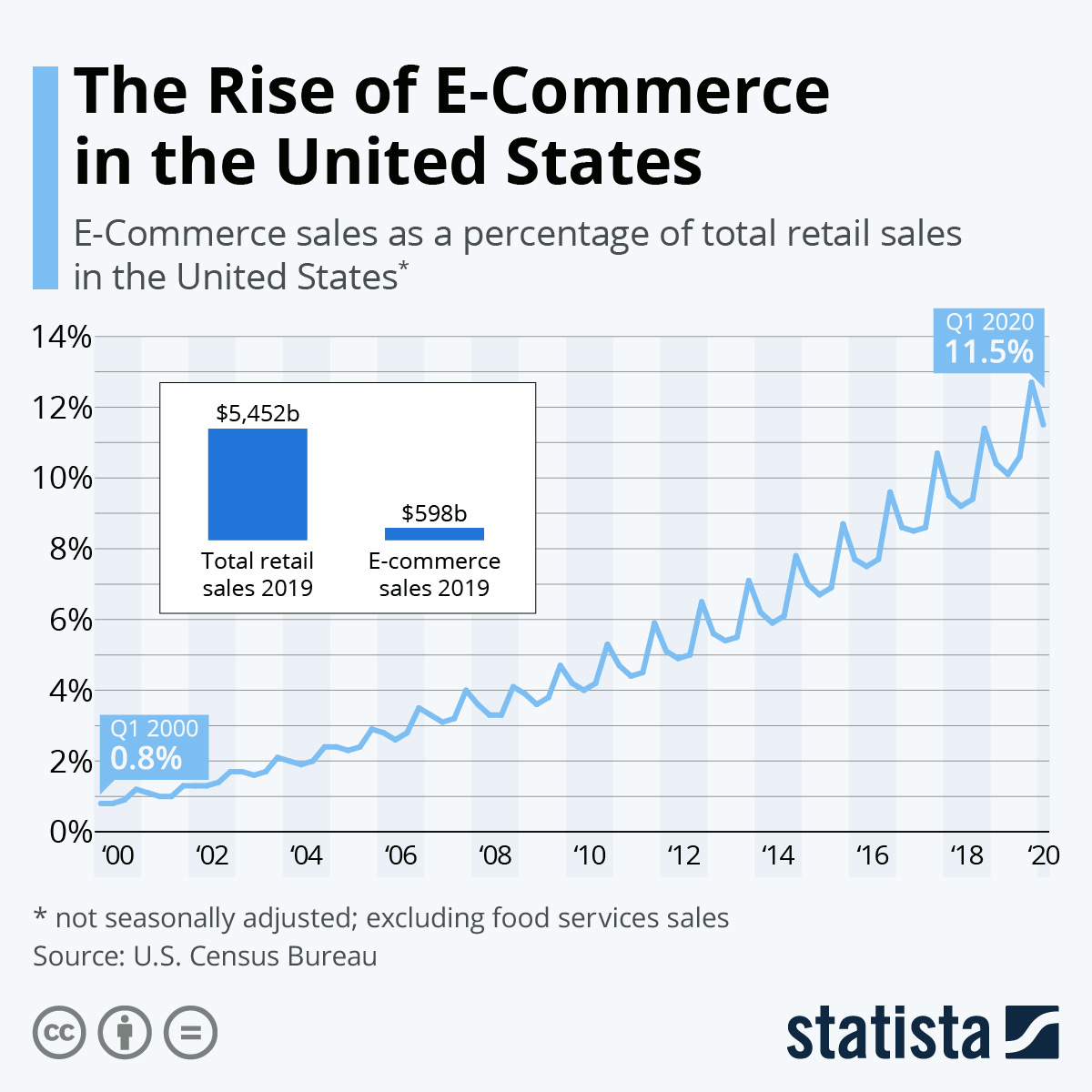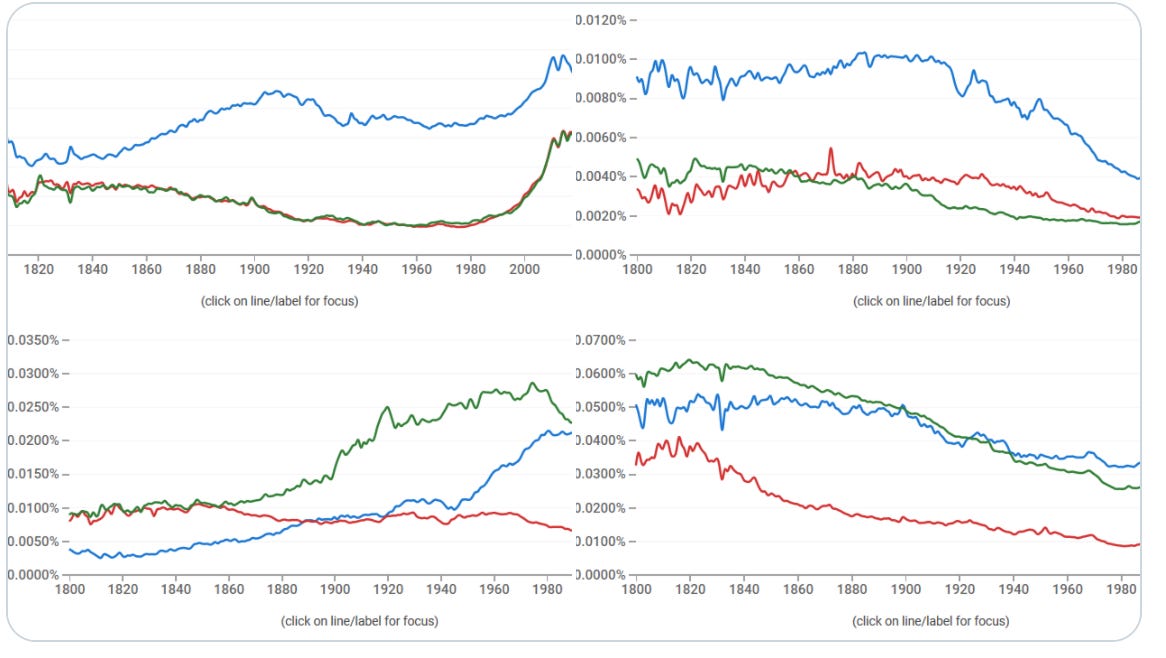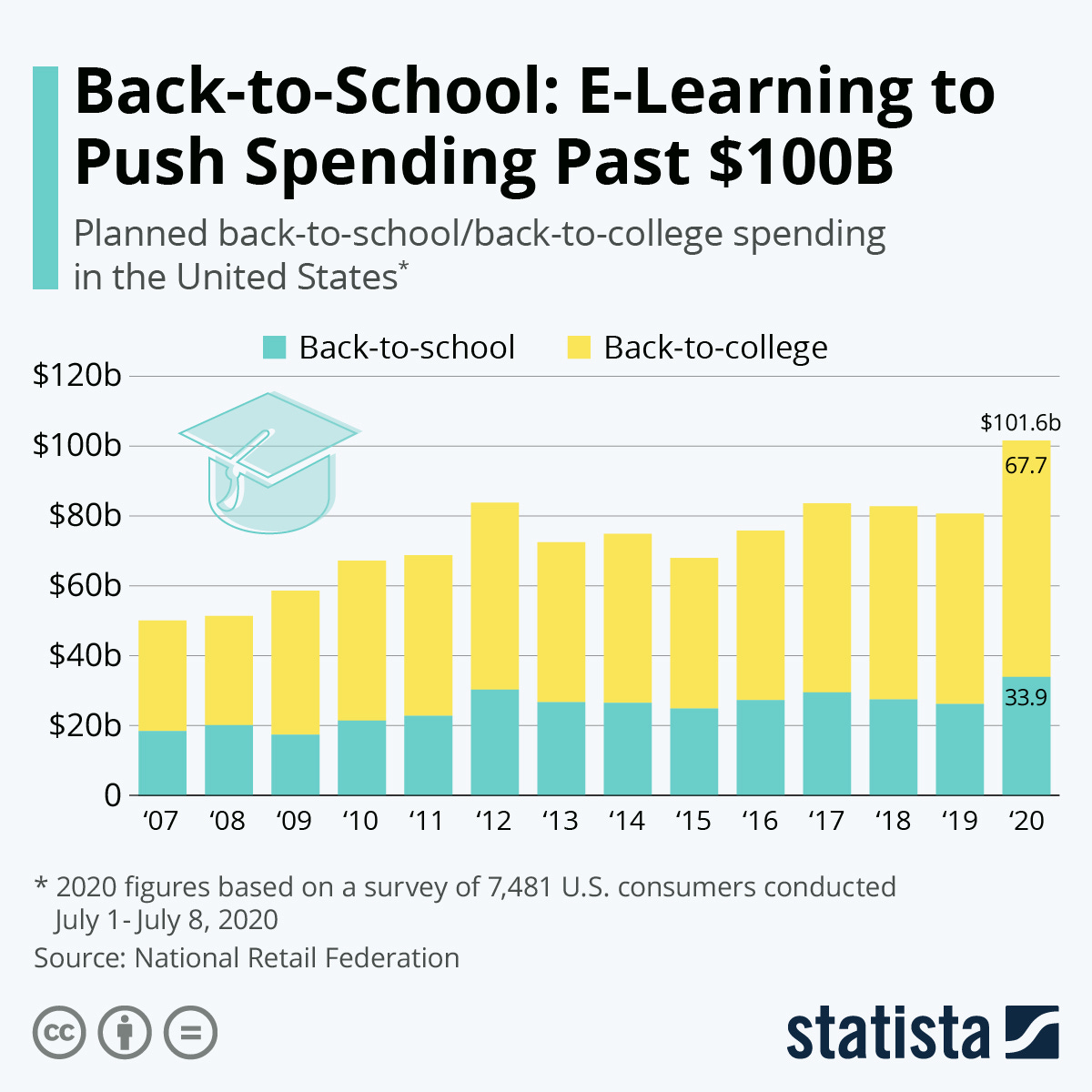Marketing BS Links 8/18 - Epic, Humans and the fastest star in the Galaxy
The stuff you need to know as a Third Way CMO from the past week
I am recoding podcasts this week and have contracted with a few different agencies for editing. More to come soon. No follow-ups from yesterdays essay. Onto the links:
News
Epic/Apple/Google: Biggest news of the week dropped on Thursday. Epic Games, maker of the immensely popular "Fortnite", began informing users inside their apps that they could purchase in-game credits at a 20% discount if they went “direct”. This is blatantly against the policies of both the Apple and Google stores, and both companies responded almost immediately by removing the ability to instal new instances of the game. Epic obviously knew this was going to happen and responded with both lawsuits and a parody video of the most famous commercial in advertising history (Apple's "1984" Superbowl Ad). The Ad is great, the legal argument is more fraught. While offering the discount is clearly better for larger publishers and developers with solid brands behind them (Epic, Basecamp, Microsoft, etc), it is less clear it is an unmitigated good for smaller publishers and consumers. If every app encouraged and gave discounts for payments outside of the app stores it would add a great deal of friction to app purchases for consumers who would now have the added risk of fraud on many transactions, and would not necessarily lead to lower prices. From a PR perspective, Apple and Google have played is smart and are NOT removing existing Fortnite installs - so their actions only inconvenience NEW users - who may just never consider Fortnite a "mobile game". So whatever public leverage Epic’s play will have is will have to happen by shifting the conversation through the lawsuit and in the media/political sphere - users are unlikely to care. But given the "pass" Apple received at the anti-trust congressional hearing, that conversation shift may be valuable on its own. Note also that Apple is already in lawsuit with Spotify on this issue in the EU. Developing. More to come! Link to the legal complaint. Great Matthew Ball Essay on what Epic is thinking. Benedict Evans has a nuanced take that he has shared with paid subscribers that he said will be available on his website later this week.
Apple bundle: More Apple news. Bloomberg reports that Apple is in the early stages launching a bundle (TV, music, news, games) in October with their new iphone. Assuming nothing crazy happens this week (is that possible in 2020?) this will be the basis of my essay next Monday.
Uber/Lyft: The two ride sharing companies announced they may leave California due to requirements that their drivers must be employees and not contractors. Related to the above bullet, a job is ALSO a bundle. Contracting un-bundles, removing health care and stability and adding flexibility. Regulators don't like that
Mozilla: 90% of Mozilla’s revenue comes from payments Google makes to be the default search engine in their FireFox browser. The EU has said those payments are anti-competitive. So now Mozilla is laying off 25% of their employees and searching for a new business model. Unintended (but expected) side effects of anti-trust regulation is reducing competition in the browser market.
TikTok: Trump extended the divestiture deadline from 45 days to 90 days.
Marketing/Advertising
SEO: The two most important search engines are Google and Amazon. Here is an article on the differences in how to optimize for each.
Guest Posts: Google says guest posts links do not impact SEO. Rand Fishkin (Founder Moz) bets that is not true and they DO add value. Google lies about this stuff all the time - I would put my money on the side of Rand.
Google: Just because they lie doesn’t mean you shouldn’t listen to what Google says is important. Google’s annual conference for webmasters on Aug 26 will be virtual. If you do technical SEO this will be a good use of you time.
Apple: Apple is going to take away the ability to measure impact of ads on mobile app downloads and revenue ($$). This is a big deal. Right now, app advertising ROI can be optimized down to the penny which allows for very aggressive marketing spend. When attribution goes away math turns into guesswork which should decrease their ability to spend on Facebook in particular. Net effect should be lower CPMs for everyone and a share shift from app ads to everyone else. I wrote a more detailed (but not THAT detailed) analysis of how the economics of this may play out.
Facebook: As expected the boycott did not work
eCommerce
Casper: Detailed case study on their path from $0 to $750MM revenue
Distribution: Public Goods was (is?) a membership-driven DTC company selling personal hygiene CPG products (toothpaste, facial cleanser, etc.). Their products are now available in CVS. DTC is a great way to get a business started, but it is becoming. more and more clear that to really get scale they need to shift o look a lot more like P&G than Facebook
Kroger: The grocer is building an online marketplace to compete with Amazon and Walmart. This is tough. Despite Walmart’s efforts Amazon still dominates eCommerce - except in grocery where Walmart dominates Amazon (despite Bezos’ team’s best efforts). The fixed cost to do either part of this well is REALLY high. I would be surprised Kroger (or their investors) have the fortitude to make the needed investments
Market Share 1: The top 10 eCommerce players in the US (Note: No Kroger)

Market Share 2: eCommerce share of retail over time (growing linearly, but not exponentially, and still small - though not shown here a big jump since COVID)

Business and Strategy
Twitter: A few weeks ago it leaked that Twitter is considering a paid subscription product. Patrick Campbell did some research on user willingness to pay (high! ~$100/month for those with >$150K HH income) and price elasticity for different features. He looked at things like verification, no ads, follower boosting and privacy, but I expect the actual paid twitter paid product will be more technical to help manage accounts of power users. Matt Navarra has screen shots of Twitter market research that includes things like “badges”, auto-responses, undo-send, custom colors and more. Looks like they are at least exploring broadly at this point, but this type of market research often doesn’t translate at all into behavior.
Cookies: (The kind you eat) Orea and Hydrox are almost identical cookies created by competing brothers. This is the story of how Oreo won the sandwich cookie battle. The claim is their success was based on 1. Higher price point which caused them to be seen as “premium”; and 2. Licensing deals - like Oreo ice cream. It seems to me that if Hydrox had won this article could have been written in reverse (1. More competitive price; 2. Focus on the core)
Humans: Twitter thread on how Brandon Staton created Humans of New York. Lots of lessons on both consistency and randomness - his “big break” came from a photo he didn’t this was very good.
Spotify: Profile of Dawn Ostroff, the Spotify executive who negotiated to get Joe Rogen onto the platform
Data, Machine Learning and GPT-3
Science: “Trust science” is a mantra. But unquestioningly trusting anything is a real problem. Scientific fraud is not uncommon: “0.04% of papers are retracted. At least 1.9% of papers have duplicate images "suggestive of deliberate manipulation". About 2.5% of scientists admit to fraud, and they estimate that 10% of other scientists have committed fraud. 27% of postdocs said they were willing to select or omit data to improve their results. More than 50% of published findings in psychology are false. The ORI, which makes about 13 misconduct findings per year, gives a conservative estimate of over 2000 misconduct incidents per year.”
Trends: Google ngram tracks word usage in books over time. It is a very cool product, but its accuracy may not be as great as it seems: “Lots of weirdly large swings in mentions of pretty common words in google ngram since 1980s. Does this actually reflect usage, or changing composition of the sources google is using?”

Marketing BS: A friend had GPT-3 write the second part of a Marketing BS essay. Incredible. One paragraph: “This anecdote illustrates how many of the decisions we assume were made by Bezos himself were in fact made by many individuals. Some employees pushed back. Some employees agreed. Some employees didn’t care. This is the way things go at large companies. The people making decisions at Amazon had a diverse set of perspectives. The resulting decisions reflected those diverse perspectives.”
Gender: GPT-3 has been accused of describing women and men in very gender-discriminatory ways. But input leads to output. Pudding.cool ran 2000 books (Pulitzer prize winners and best sellers) through a parser to see what words are most used to describe characters by gender. The results should not be surprising.
Incentives: Six years ago Ontario (Canada) made it illegal to pay for blood plasma. The claim was “paid plasma” was unsafe. Now the province has a shortage and is using more paid plasma (imported) than before the ban. Twitter thread with the details.
Prediction: Quote from Malcolm Gladwell (Revisionist History Podcast), ““Most of the systems we put in place are there just to satisfy our illusion that we can see into the future”
Group Cohesion: BBH Labs quantified the amount of “similarity” within different groups and found that, among other things, “generations” are a terrible way to group people. Instead of targeting “Millennials” or “GenX” you would be better going after “People who floss” or “Daily nut eaters”. Lots more at the link.

Psychology and Purpose
The Pledge: From The Economist- “Last year 184 of America’s mightiest bosses vowed to manage their firms in the interest not just of company owners but also of other stakeholders… many firms are only paying lip-service to the fashion for purpose… it finds that ceos did not consult their boards before signing the pledge: of the 48 firms for which data are available, just one boss got the board’s express approval.”
Partisan: 70% of Democrats think companies should make public statements about social and political issues, but only 30% of Republicans feel the same.
Advice: Alex Guzey took a very unconventional path in life - very different from my “career guide” - but he comes to similar conclusions on the problems with most advice (Two other links in this post are from his weekly email)
Post-COVID changes
Live Streaming: Has seen huge growth since March. Facebook streaming is up 2x YoY. Twitch is up 2x since December. Two things happening at the same time: (1) Many new entrants producing content and making small amount of money from niche audiences, and (2) Many more hours spent watching content, which is largely going to the most popular streamers ($$ WSJ)
Clipping: The number of households that own clippers has increased from 48% to 58% in the last four months ($$ Bloomberg)
College Football: Big Ten and Pac-12 have cancelled the seasons. Sports are one of the best ways to get people to watch high fidelity video advertisements and obviously there has been a lot less of it the last. six months - and, even as the pros try to rev things up again, there will be less going forward. Essay on this coming in the next few weeks. This also has implications for college funding: The two leagues traditionally bring in about $3.2B in revenue/year. A tough hit when schools are already hurting.
Dating: Online dating traffic is up 82% this year
E-Learning: eLearning spend is up 26% this year

Fun
Fast: Recently discovered fastest star in the galaxy travels at 8% of the speed of light and significantly warps space-time
Careers
I did not come across anything interesting this week. If you hear of something, please let me know and I will share it here
Keep it Simple,
Edward


